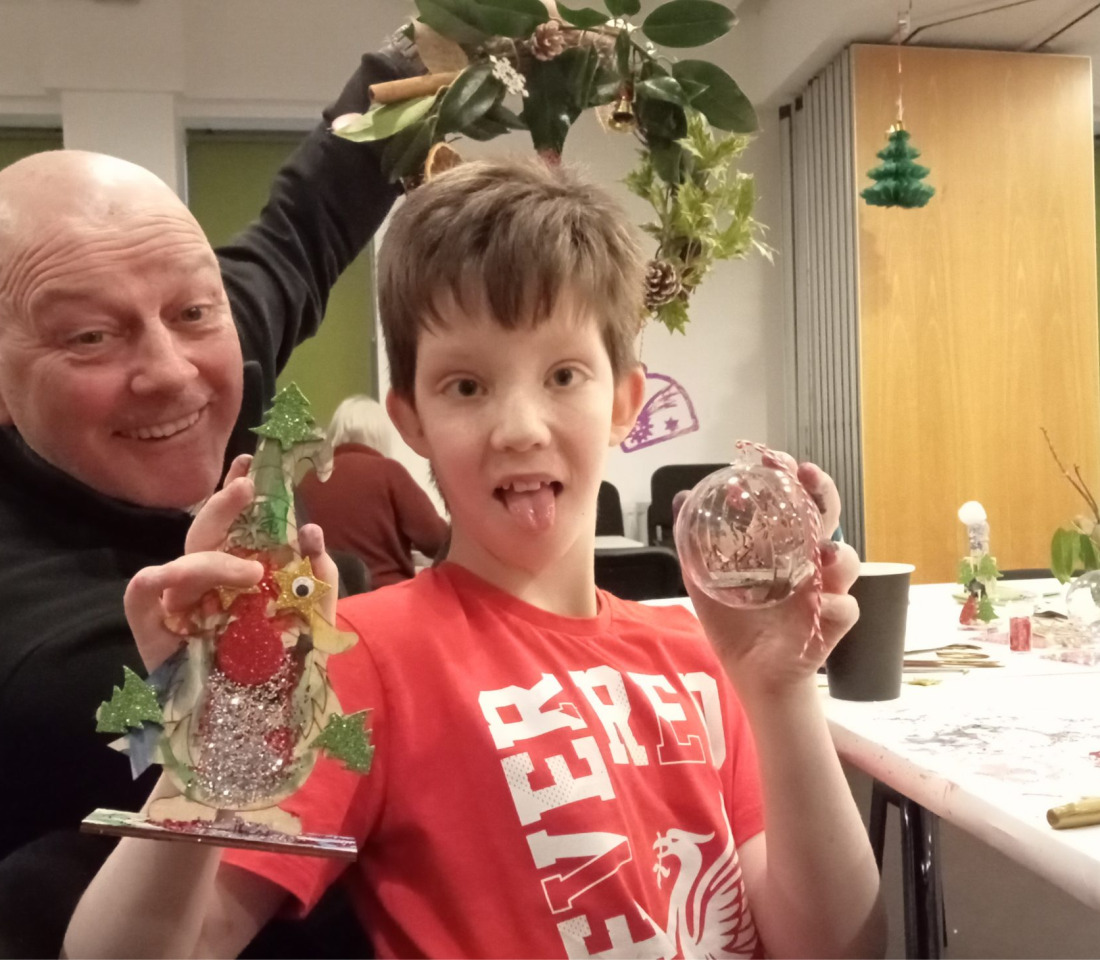Karen’s fibromyalgia and FND story*
Karen, the CEO of a women’s charity, has fibromyalgia, functional neurological disorder (FND) and post-traumatic stress disorder (PTSD).
During a neurological appointment in 2022, she was advised that her conditions had probably been caused by significant traumatic
life events – in her case, experiencing domestic abuse.
Karen said she has seen this experience of developing neurological symptoms due to trauma reflected in other women she has
worked with.
She believes greater understanding and research into the link between neurological conditions and trauma, including domestic abuse, is needed.
Karen said: “We don’t understand the full impact of physical abuse.
“We’re currently failing to adequately support women, men and children who experience domestic abuse and who develop neurological symptoms.
“We need more support, more understanding. We need to not have symptoms blamed on mental health – that’s really victim blaming.”
Karen’s symptoms began 15 years ago when she began falling a lot while working for a homelessness charity.
She had already been diagnosed with PTSD in 2004 and spent four years going to the doctors to obtain a diagnosis for debilitating symptoms including chronic pain, stiffness which caused frequent falls, fatigue and cognitive problems like brain fog and memory loss.
Karen said her concerns about fibromyalgia were dismissed by her doctor, and she was told her symptoms were due to poor mental
health.
In 2022 Karen was diagnosed with FND, a condition which interrupts the functioning of the nervous system.
She said she went through a ‘grieving process’ after being diagnosed with FND, as she had been without a correct diagnosis for the
condition for 10 years.
At a recent appointment, Karen attempted to speak to a consultant about her concerns that the abuse may have been a trigger in
developing neurological symptoms.
She said the medical professional didn’t answer her questions, but instead said ‘I can see you have PTSD, how is your mental
health?’
Karen said: “I was made to feel stupid, as though somehow the debilitating symptoms are not real.
“The constant questioning of our own experiences and why this is happening is difficult enough,
without medical professionals dismissing it as symptoms of poor mental health.“It’s a horrible place to be.
Karen’s story is one of the case studies in The Brain Charity’s report on the delayed diagnosis and misdiagnosis of neurological conditions. Read our It’s all in your head report here.
*Karen preferred to not be pictured











